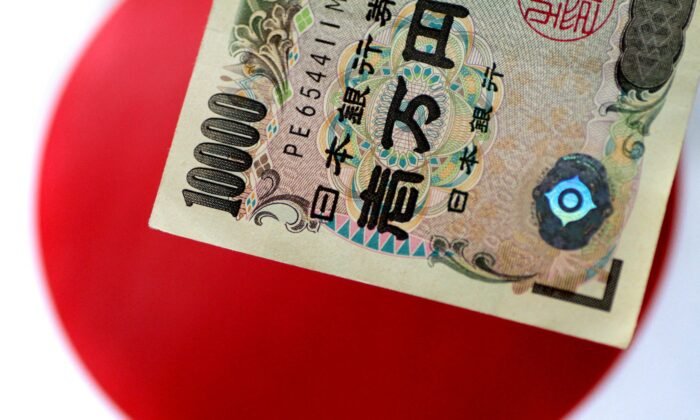Japanese Companies Shift Investment Preference from China to India
China’s New Anti-Espionage Laws Lead Japanese Companies to Pursue Business in India
China’s implementation of new ‘anti-espionage’ laws created an unfriendly business environment and caused grave concern in Japan. In the past four decades, Japanese companies have invested massively in the Chinese market. However, due to the Chinese regime’s unpredictability and economic downturn, India has emerged as the most popular country for Japanese companies.
The Japan Bank for International Cooperation (JBIC) released its 2023 Annual Survey Report on Dec. 14 on Japanese companies with manufacturing and production plants in China. The survey is about the countries and regions in which Japanese companies hope to invest and expand their business in the next three years. A total of 534 Japanese companies responded to the survey.
According to the survey results, India topped the list of countries in which Japanese companies would like to invest for the second consecutive year; Vietnam jumped to second place from fourth place last year; and China dropped to third place from second place last year, with the lowest percentage of votes since the survey began in 1992.
Compared to last year, India’s vote share in the survey has increased by 8.3 percent to 48.6 percent; Vietnam’s vote share has increased by 1.2 percent to 30.1 percent; and China’s vote share dropped by 8.7 percent to 28.4 percent. The U.S. market also dropped 5.1 percent to 27.1 percent. High inflation and rising production costs likely caused the United States to drop in the rankings.
Regarding why China has declined in the rankings, the report said that although the Chinese market is still important, the Chinese economy itself is slowing down due to China’s unpredictable regulations on business activities and the U.S.-China confrontation. The survey results show that Japanese companies are clearly shifting away from China.
Statistics show that from 1992 to 2023, Japanese companies’ interest in investing in China has changed considerably. To summarize, from 1992 to 2012, China dominated the survey with an average of about 70 percent of all the companies choosing China, with a high of more than 90 percent in 2003. This trend dropped to below 40 percent by 2013 and then rose to 47.6 percent in 2021. However, in the past two years, this number has been in free fall.
Japan’s Contribution to China’s Economic Development
At the end of March 2022, Japan ended over 40 years of Official Development Assistance (ODA) to China. During these four decades, the Japanese government has provided China with approximately 3.3165 trillion yen ($23.3 billion) in loan aid (yen loans), 157.6 billion yen ($1.1 billion) in grant aid, and 185.8 billion yen ($1.3 billion) in technical cooperation.
In August 1978, China and Japan concluded the Sino-Japanese Friendship and Trade Treaty. In the same year, then-Chinese leader Deng Xiaoping visited Japan and rode on Japan’s Shinkansen high-speed trains and viewed major Japanese industrial centers. The modernization of Japanese industry was an eye-opener for Mr. Deng, who then proposed that China should implement a policy of “reform and opening up” and urgently requested foreign aid.




